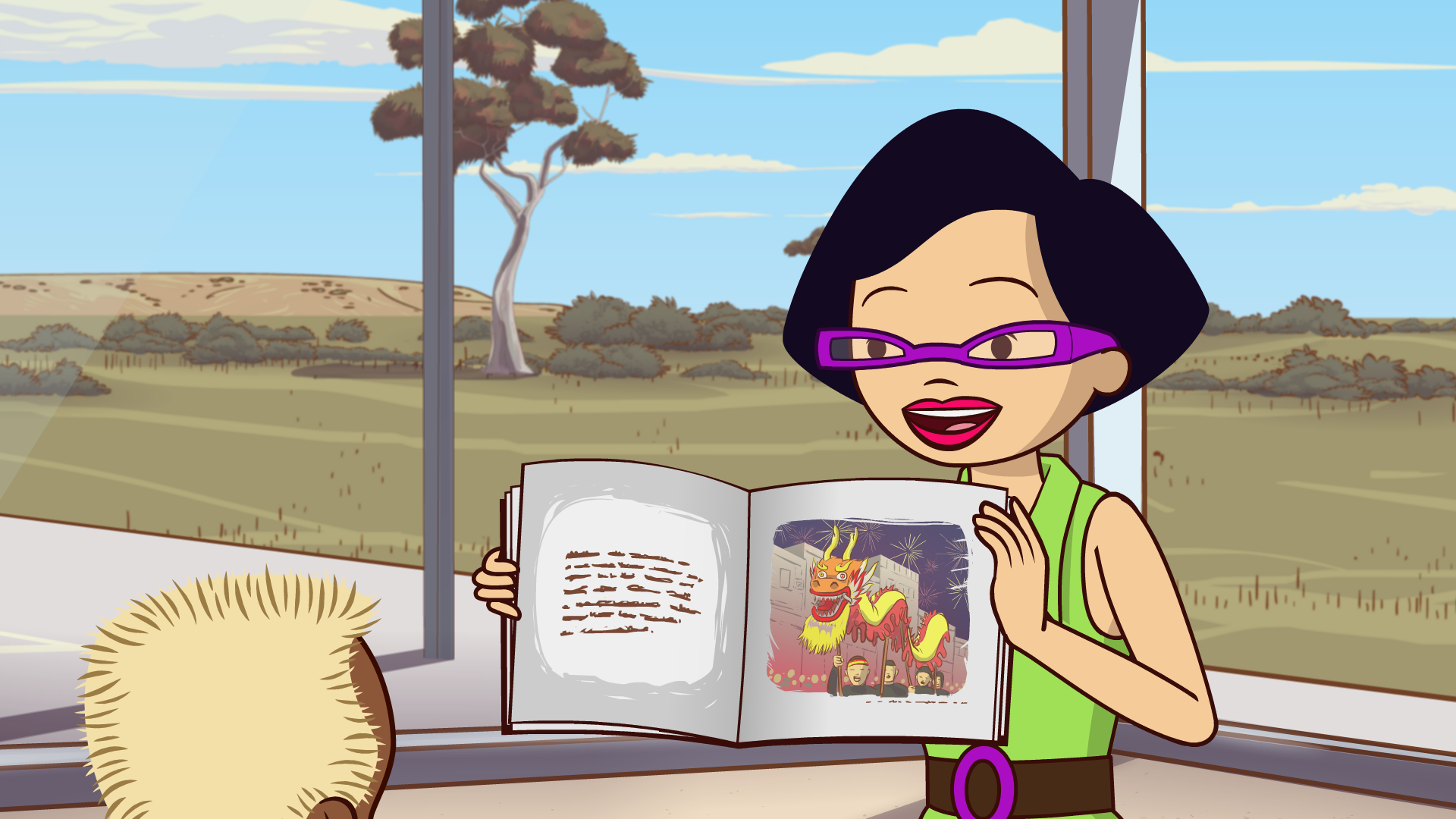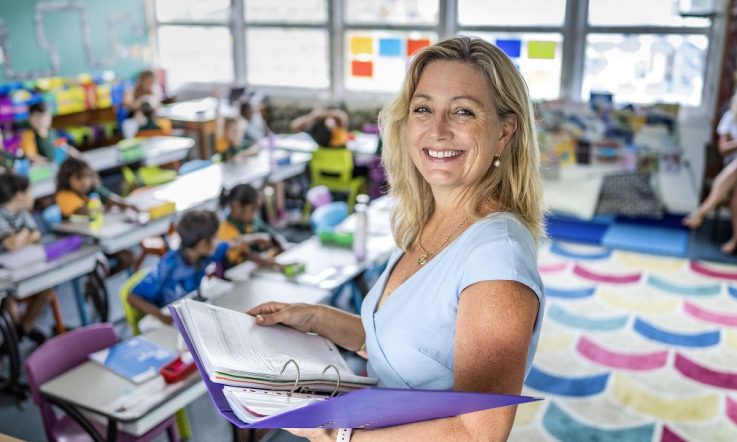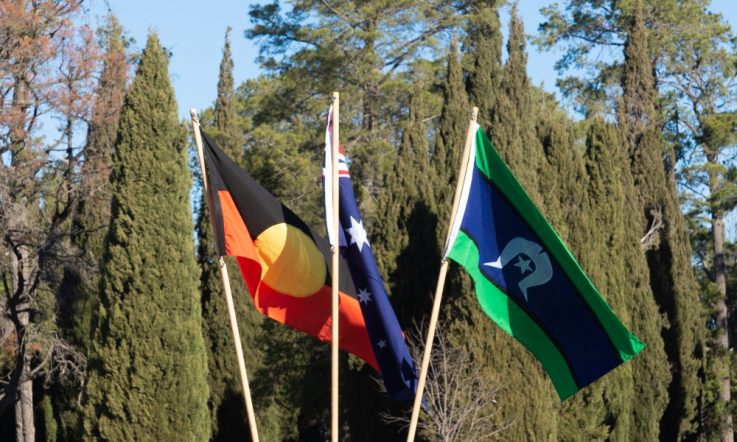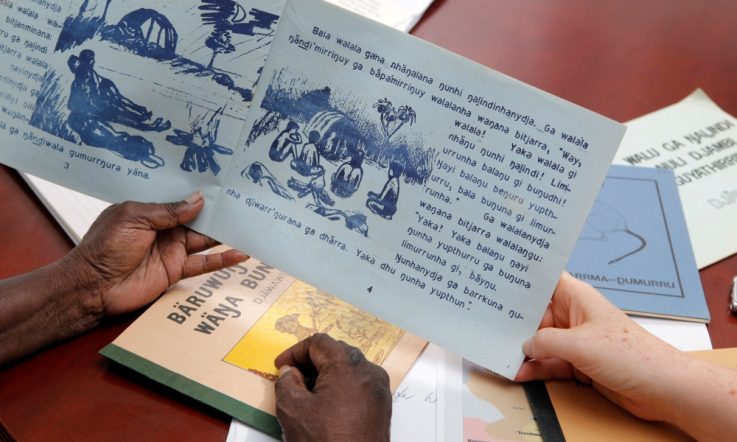Welcome to this month's edition of Researching education: Five further readings. In this series, we take a look at some further readings available on a particular topic, including open access research papers from various online databases, and Teacher archive content you might not have come across yet.
In this edition of Five further readings, we're bringing you five resources that relate to Indigenous literacy. It's Indigenous Literacy Day on 2 September 2020. The annual event, which is organised by the Indigenous Literacy Foundation, is a day to celebrate Indigenous culture, stories, language and literacy.
While last year, an event was held at the Sydney Opera House, this year, a celebratory event will take place virtually. A 45-minute livestream event will go live on their Youtube channel on the day and will highlight why learning in first languages is key for improving remote Indigenous children's educational outcomes.
- Learning Ground – this database contains details of nearly 10 000 articles, reports, books and conference papers covering Indigenous education in both Australia and abroad. At this link, you can browse resources in the database which focus on literacy at the early years and school level.
- Tell Me Your Story: Working with EAL/D Students in Mainstream Classrooms. In this paper, Kathy Rushton and Joanne Rossbridge discuss how the nurturing and development of first languages can form a strong basis for learning across the curriculum. They also explore using quality children's literature in the classroom and developing a creative, interactive literacy pedagogy.
- Closing the Gap 2020: Literacy and numeracy. Australia's annual Closing the Gap Report communicates progress towards government targets for Indigenous Australians in areas like education, health and employment. At this page, you can view data showing that the government target of halving the gap for Indigenous children in reading, writing and numeracy within a decade (by 2018) was not met.
- Engaging and partnering with Aboriginal and Torres Strait Islander parents and caregivers. This report outlines a two-year project which addresses how to establish, build and sustain partnership work with Aboriginal and Torres Strait Islander parents and communities through an inquiry approach. ‘The project began from the premise that school education has traditionally involved ways of thinking and learning imposed on Aboriginal and Torres Strait Islander people, more often than not with little to no opportunity for input or collaboration,' the report reads. Part of this project was developing professional learning resources, which you can access here.
- Giving children the best start to school. In this Teacher article, we take a look at the impact of animated television series, Little J & Big Cuz. Case studies developed as part of an evaluation of the first series of the show revealed that using Little J & Big Cuz in education settings supported learners' emotional development and wellbeing, assisted language development and presented educators with many teachable moments.
The Learning Ground database is available to access through the Cunningham Library. The Cunningham Library membership is open to individuals, schools and organisations. Membership includes access to a comprehensive collection of education research literature; weekday alerts to a selection of Australian education news; fast supply of articles and books from the collection; support in finding research; and an integrated online search tool that works across all of their resources.
To become a library member, visit the website.



